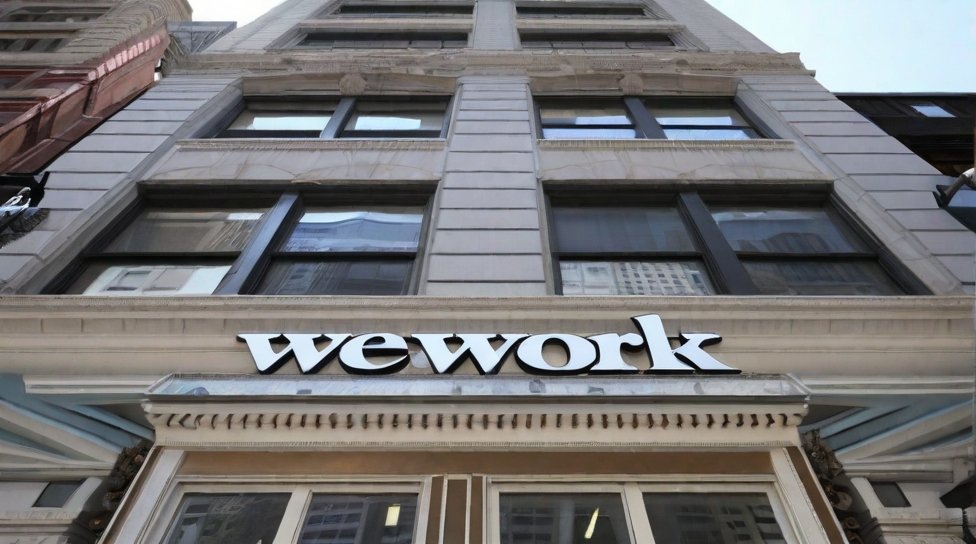Imagine waking up one morning knowing you need medication to manage a chronic condition, only to find out the entire system is down. This is the unnerving reality faced by millions of Americans, including Michael and Sarah Jones from Albuquerque, New Mexico, after a recent nationwide cyber-attack crippled pharmacy networks.
This post delves into the Jones’ experience, exploring the challenges of this cyber incident and offering tips for navigating medication access during such disruptions.
A Routine Turned Ordeal: The Jones’ Story
For Sarah Jones, a morning with her diabetic medication is as routine as making coffee. But last week, that routine became an unwelcome source of stress. “I went to refill my insulin at my usual pharmacy,” Sarah explains, “and everything was just…off. The system was down, and no one could tell me when it would be back up.”
Michael, Sarah’s husband, shares their growing concern. “We knew this wasn’t just a glitch at our local pharmacy,” he says. “The news was reporting a cyber-attack affecting pharmacies across the country. That’s when the worry really set in.”
The Impact of the Cyber-Attack: More Than Inconvenience
The recent cyber-attack targeted critical infrastructure, disrupting pharmacy operations nationwide. Here’s a breakdown of the challenges it caused:
- Downed Systems: Pharmacy computer systems, including those for processing prescriptions and managing patient records, were rendered inaccessible.
- Limited Access to Medication: Refills became impossible, leaving patients with chronic conditions, like Sarah, in a desperate scramble for their life-saving medications.
- Heightened Anxiety: Uncertainty regarding medication availability and potential health complications added a layer of stress for patients already dealing with health issues.
Navigating the Crisis: Tips for Medication Access
While a cyber-attack of this scale is a complex issue, there are steps you can take to manage your medication access during such disruptions:
- Maintain a Buffer: Always try to have a slight surplus of your medication on hand. Experts recommend having at least a one-month supply to avoid immediate problems in case of refill delays.
- Communicate with Your Doctor: If your usual pharmacy is inaccessible, contact your doctor’s office. They may be able to provide a temporary paper prescription or recommend alternative pharmacies with working systems.
- Explore Independent Pharmacies: Smaller, independent pharmacies may have been less impacted by the attack. Consider calling around to see if they have your medication in stock and can accept a paper prescription from your doctor.
- Utilize Online Resources: Several online resources can help locate pharmacies with your specific medication in stock. The National Association of Boards of Pharmacy (NABP) maintains a helpful pharmacy directory https://nabp.pharmacy/.
- Stay Informed: Follow reputable news sources and updates from your healthcare providers for information on when pharmacy systems are expected to be back online.
Beyond the Refill: The Broader Impact of Cyber-Attacks
The recent cyber-attack highlights the vulnerability of our healthcare infrastructure. Here are some additional points to consider:
- The Importance of Cybersecurity: Strengthening cybersecurity measures within healthcare systems is crucial to protect patient data and ensure uninterrupted access to critical services.
- The Human Cost of Disruptions: Cyber-attacks can have a significant impact on people’s health and well-being. Stories like Sarah’s illustrate the real-world consequences of digital disruptions.
- Building Resilience: Developing alternative plans and communication strategies can help healthcare providers and patients better navigate disruptions caused by cyber-attacks.
The Road to Recovery: Lessons Learned
The Jones eventually found a pharmacy with Sarah’s insulin thanks to a tip from a neighbor. While relieved, the experience left them shaken. “It was a stressful few days,” says Michael. “It really made us realize how much we rely on these systems, and how vulnerable they can be.”
As the nation recovers from this cyber-attack, healthcare providers and policymakers are working to improve cybersecurity measures and build resilience within the healthcare infrastructure. Individuals like the Jones can play a role by staying informed, maintaining a medication buffer, and advocating for stronger cybersecurity protocols.
Looking Forward: A Call to Action
Cyber-attacks are a growing threat, and the healthcare sector is not immune. By working together, we can build a more secure healthcare system and ensure that everyone has access to the medications they need, even during times of disruption.
Here are some resources for further information and action:
- The Cybersecurity & Infrastructure Security Agency (CISA): https://www.cisa.gov/
- The National Association of Boards of Pharmacy (NABP): https://nabp.pharmacy/


